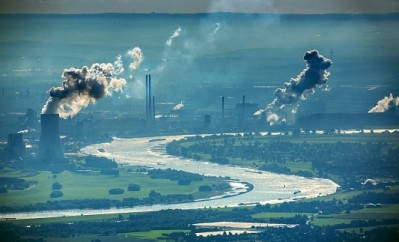Feed company warns about global shortage of vitamins A and E in H1 2018

A spokesperson for Nutreco’s animal nutrition division told us it has written to its customers about the potential impacts of this supply crunch.
“BASF manufactures 45% of the global supply of citral, which is an essential precursor in the manufacture of vitamins A and E. Due to the recent fire that occurred at the BASF citral plant in Germany, force majeure was declared for all BASF citral and isoprenol based aroma ingredients. Subsequently, BASF also declared force majeure for vitamins A and E, as the production of citral is not expected to restart before March 2018. This will result in a global shortage of vitamins A and E during the first half of 2018.”
In parallel, said the Trouw Nutrition spokesperson, some manufacturers in China, also supplying part of its A and E vitamin needs, are experiencing supply chain disruptions, and cannot fully assure the timely supply of their contracts during the first months of 2018.
“Inevitably, the shortages that will result will most likely affect the timely supply of our committed volumes throughout the first half of 2018, although we are doing our utmost to ensure the continuity of our regular business during this period.”
Alternatives and substitutes
Trouw Nutrition said it is exploring alternatives and substitutes for vitamin A and vitamin E in its formulations to ease the situation.
“In the case of vitamin E, our product Selko AOmix can safely and cost-effectively replace part of the inclusion (above the NRC recommendations). In addition, Trouw Nutrition’s extensive expertise on animal nutrition will be used to support our customers and propose alternatives to lower the inclusion rates of vitamins A and E where appropriate.”
In terms of the trigger for the incident, a spokesperson for BASF told FeedNavigator last month.
“The fire was caused by a technical equipment failure that was beyond BASF’s control. While starting up our Citral production plant in Ludwigshafen after a scheduled maintenance shutdown, organic material caught fire in the late evening of October 31, 2017. No one was injured in the fire, which was extinguished shortly after its detection.”
When asked how significant the impact of the accident was, she said:
“We have begun to assess the extent of the damage in detail. At this point in time, we expect that the cleaning process, follow-up inspection, repair and restart of the plant will take several weeks.
“The impact of the force majeure situation on our supply capability ... is being evaluated at the moment. BASF is in close contact with its customers to inform them about any developments.”








